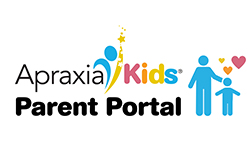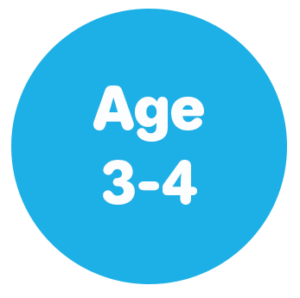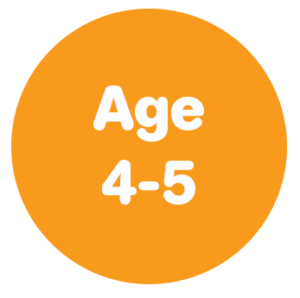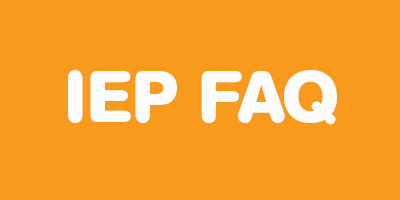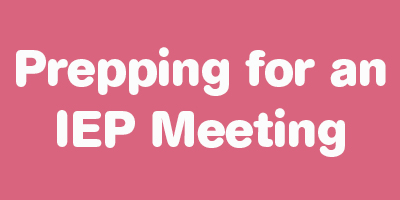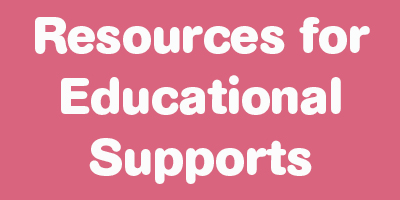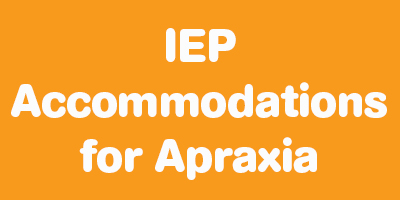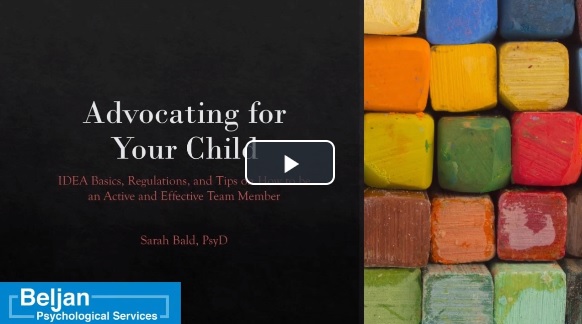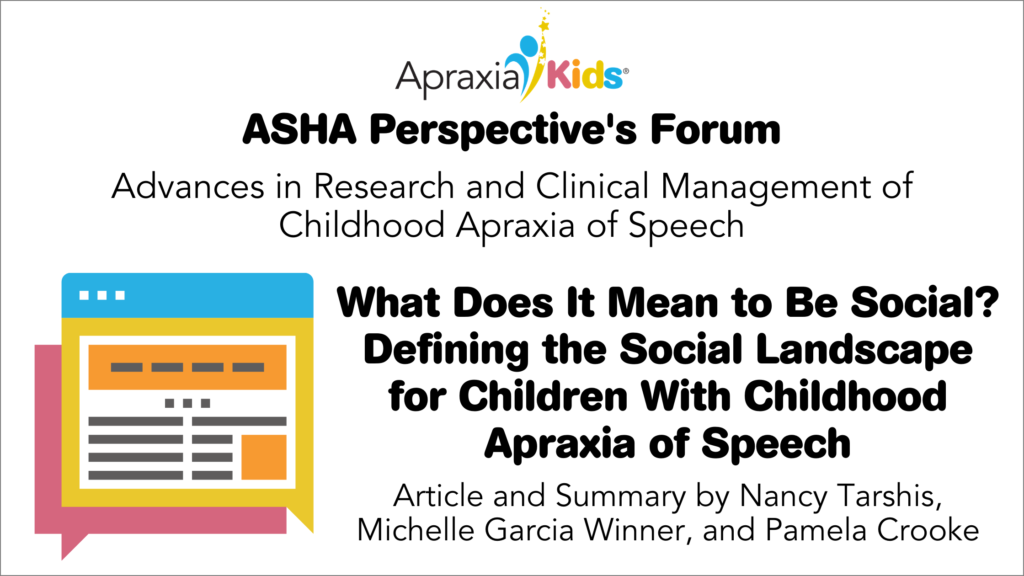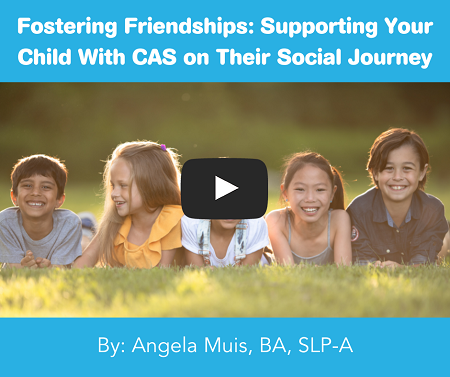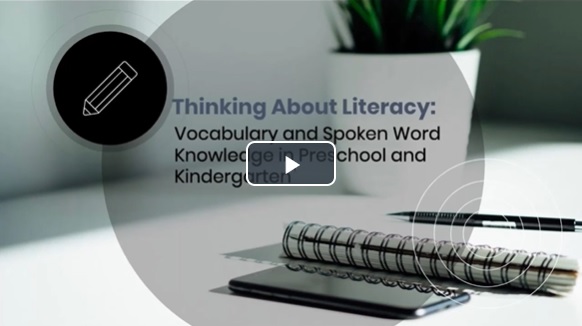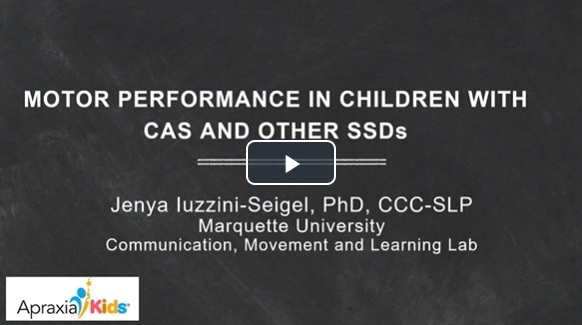Age 3-5

What Should Speech Therapy/Diagnosis Look Like?
Practicing Speech Sounds, Syllables or Words Multiple Times with Preschoolers
We believe in making speech practice fun and play-like whenever possible. One way to do this is to think about what types of activities your child enjoys and how to incorporate speech practice into those activities. This encourages your child to be emotionally invested in the practice and more “in control”. You’ll get better cooperation this way and find practicing a lot less stressful. A good rule of thumb is to only have the child repeat a word the number of times equal to their age. So a three year old will repeat words three times.
Frequency of Speech Therapy
Research has shown that children with childhood apraxia of speech require frequent and intensive therapy to improve their speech skills. But what does frequent therapy look like? The length and frequency of therapy should be based on numerous factors such as the attention span of the child, the resources of the family to attend therapy if not provided in school, the goals for the child – are there other areas that need to be addressed such as using Augmentative-Alternative Communication (AAC), or language or social skills?
Getting the Most Out of Therapy
For More Complex Language Users

- Stay involved in the therapy sessions.
- Ask your therapist for specific things to say when coaching your child.
- Encourage your child to retry a word to get the correct one.
- Avoid automatically modeling the correct way to say the word! The harder your child has to work to come up with the right way to say the word independently, the faster the correct motor plan will stick. Your therapist should be able to suggest the types of cues that are likely to help while still teaching the child to learn to fix their errors themselves.
- Come up with a secret signal that can be used to discreetly remind your child to correct a word or sound.
- Continue to make sure all professionals involved in your child’s life are communicating and collaborating and setting the same expectations for the child.
- Ask your therapist for homework. Be honest if he/she gives you homework assignments that you do not understand or that don’t fit in your life. For example, you can ask for homework that can be done when doing school homework, while driving in the car, or over dinner. Then help your child build “practice time” into the day.
By Aubrie Hagopian, M.A., CCC-SLP
Why Is My Child Not Making Progress?
Parents and therapists alike may become frustrated by slow, plateaued, or lack of progress the child is making in speech therapy. Maybe the child is “acting out,” or “misbehaving” in speech. Everyone is anxious for the child to speak and communicate better.
Education
What is an IEP?
Advocating in IEPs
Presented by: Sarah Bald, PsyD
This session, by a clinical psychologist who advocates with parents for school based services, explains the Individualized Education Plan (IEP) process including terms, acronyms, and parents’ rights. She includes tips for parents for navigating this often daunting process.
Download Presentation Handouts Here
Additional Resources
Article:
Writing Letters and Their Role in Advocating For Your Child
Article:
Education Placement and Your Child with CAS
Listen to Dr. Ruth Stoeckel discuss the importance of having a team all on the same page in working with a child to meet their goals.
How Can You Support Your Child?
Using Sign Language with Children Who Have Apraxia of Speech
Often when someone raises the idea of using sign language for a child with apraxia, parents may experience confusion and even fear. After all, “The child can hear just fine! Why would we use sign language for a hearing child?” Or “But won’t using the sign mean my child won’t need to talk? Won’t it keep him/her from speaking?” Conversely, some parents report that their child’s speech language pathologist has told them that the child will rely on sign and thus not learn to speak. This article attempts to address many of these myths about signing.
How to Help Others Understand CAS
Explaining CAS
When Your Child Goes to School
When Your Child Goes to School
Are you headed to your child’s school to host an event for raising awareness?

Support a child with CAS by helping their peers and professionals at school understand apraxia. Check out the Apraxia Kids Classroom Awareness Kit available with activities and information for students and teachers.

Emma has apraxia of speech and struggles to communicate. She wants to be friends with classmates and peers but often they can’t understand her speech. This story, told in Emma’s “voice”, explains apraxia from her viewpoint. Emma explains her feelings, all of the ways that she CAN communicate, and also her special interests that are just like those of the children she would like to be her friends. Written by Emma’s mother, Angela Baublitz. This book is 8″ X 8″ with 24 pages. The final page is a message to parents and teachers with tips on how best to support children with apraxia to be “one of the gang”. Appropriate for late preschool and early elementary age
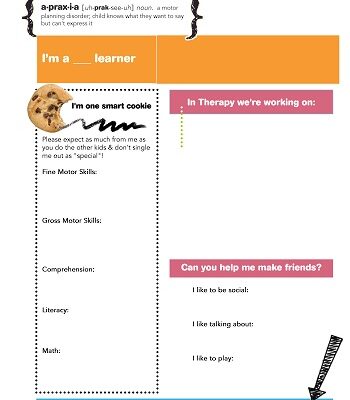
A one page letter to a teacher from a young child that can be “personalized” for every child. Created by Diane James and used with her permission
How to Help Develop Social Skills
Friendships enrich and improve our lives but making and keeping friends isn’t always easy. Children with CAS can experience unique social challenges and may need extra support or intervention on their social journey. Together, we’ll look at friendship from a CAS perspective and explore ways that parents can help.
Home Practice
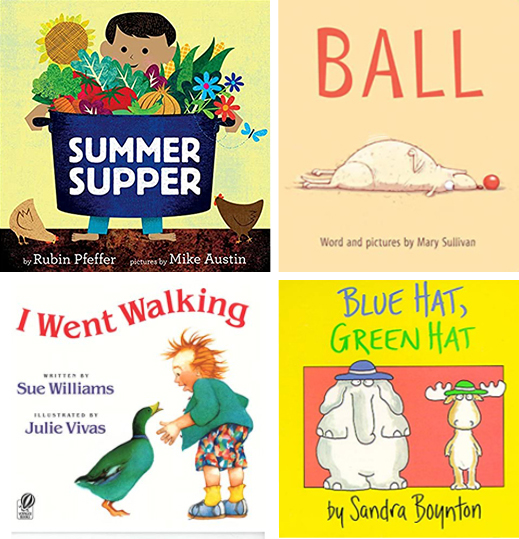
Books that emphasize only a few specific words/sounds throughout to encourage repetitive speech practice of the same few words often with varying intonation.
Developmental, Academic, and Learning Challenges
Developmental skills checklist
Literacy Skills
Thinking About Literacy: Vocabulary and Spoken Knowledge in Preschool and Kindergarten
Presented by: Lyndsay Bourdeau, MSc.-SLP and Lisa Kohel, R. SLP
Two registered Canadian SLPs will discuss how vocabulary relates to literacy and practical guidelines for choosing appropriate vocabulary for improving word knowledge and articulation for speech sound disorders including CAS.
Download Presentation Handouts Here
Additional Resources
Article:
Joy Stackhouse, Ph.D. – Children with Apraxia and Reading, Writing and Spelling Difficulties
Motor Skills
Fine and Gross Motor Abilities in Children with CAS
Presented by: Dr. Jenya Iuzzini-Seigel, CCC-SLP
Children with CAS are at increased risk for language impairments and fine and gross motor impairments which can increase academic, social, and even vocational challenges. This session will discuss the details and clinical applications of Dr. Iuzzini-Seigel’s study which compared gross and fine motor skills of children with CAS both with and without comorbid language disorders with children who did not have CAS.
Download Presentation Handouts Here
More Than One Language?

Listen to an expert in bilingualism discuss myths that parents frequently hear when they ask the question
“Should I teach my child more than one language?”
Other Comorbid Challenges
Listen to Dr. Ruth Stoeckel discuss using motivators to enhance participation of children in therapy; especially those on the spectrum.
Listen to Dr. Ruth Stoeckel discuss when a child has comorbid difficulties along with CAS, decisions need to be made about what areas are priority.
Resources
Apraxia Books

This list of books for parents, children and professionals has been compiled by the apraxia community. It includes books to help with sound practice, stories about children dealing with speech difficulties and books to inform parents and professionals about childhood apraxia of speech.
Summer Camp List

Children with apraxia can enjoy summer camp while still working on their speech skills in fun, new ways. Each year, we collect some ideas for summer camps and programs that include a speech and language component to help children with apraxia continue to make progress and practice. You can find dates, locations, prices, and more program details on each of these programs’ websites.
Brochures and Printables

Make spreading awareness of childhood apraxia of speech easy with printable letters, brochures, cards, and more!
